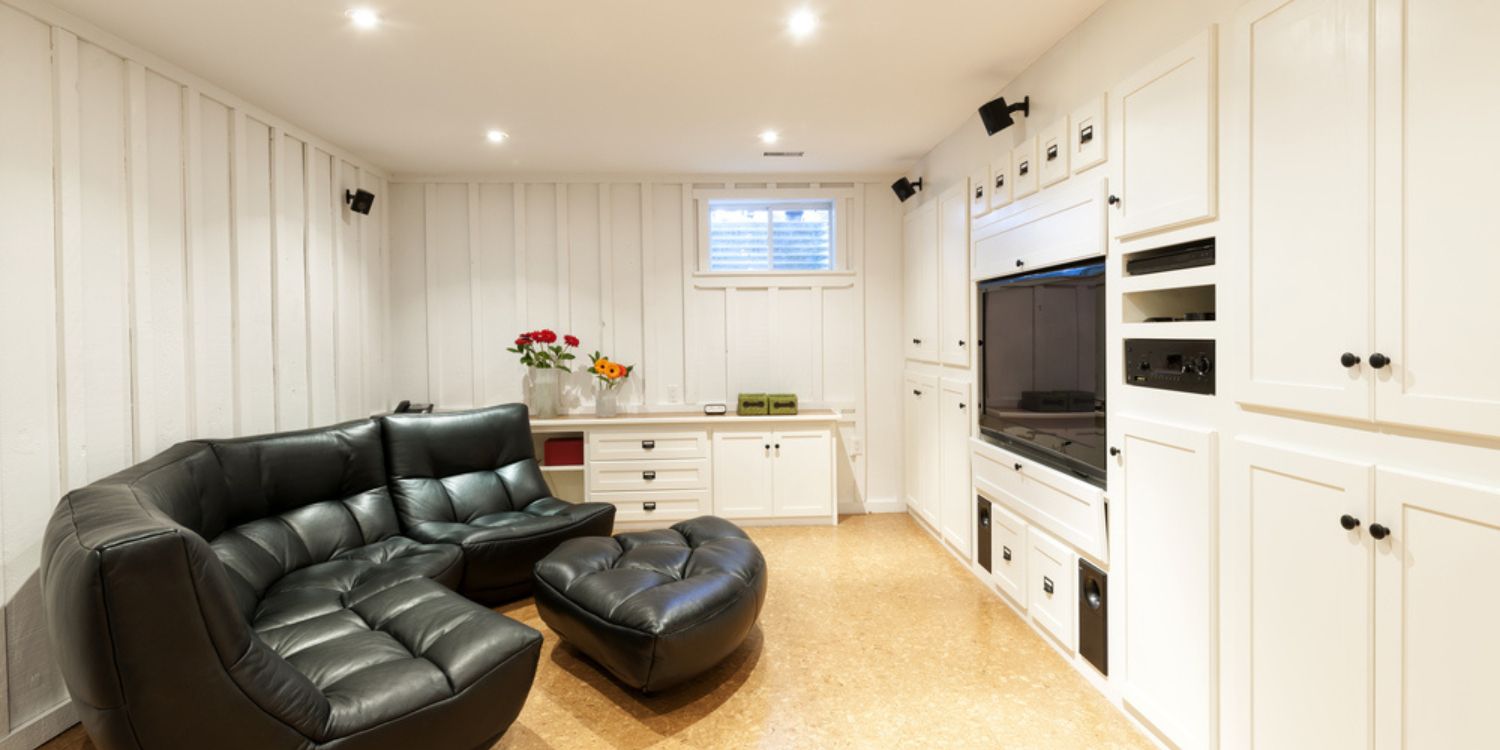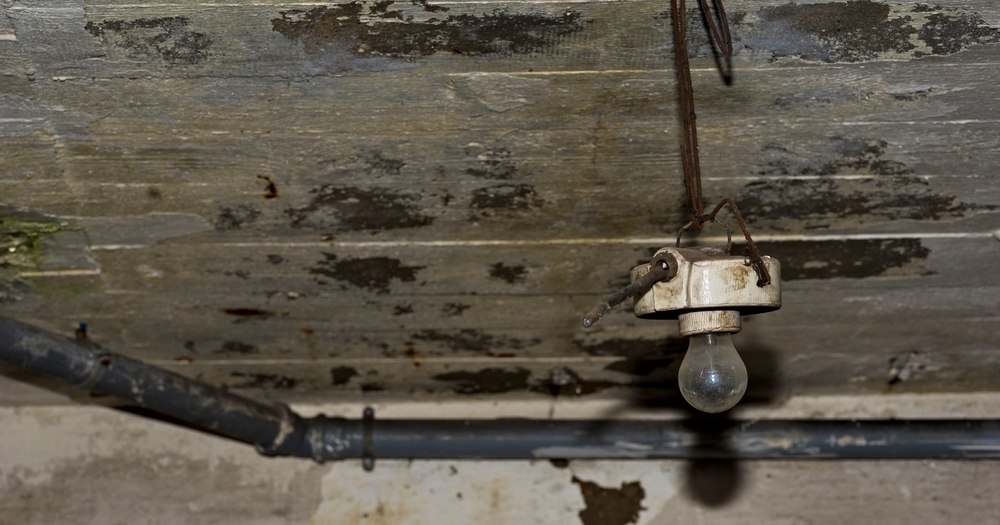
Transforming your basement is an exciting process that comes with quite a few things to consider. Whether it’s a new floor, cabinets, or fixtures, these are all factors that affect the cost of your project. A finished basement will increase the value of your home and make it more practical, so it’s definitely worth the investment. Here are a few components you need to include when planning your budget.
Basement Size & Type
The size of your basement is an obvious factor that will affect the cost of the total finishing project. The cost per square foot will vary depending on the materials used. The bigger the size, the larger the floor area and the more furnishings you’ll need.
Your basement will be either unfinished, partially finished, or already finished. For unfinished basements, you want to invest in insulation, drywall, and special flooring. Therefore, if you’re starting from scratch, add extra money to complete your project.
Lighting & Permits
Since basements don’t have much access to natural light, you’ll need to spend extra on lighting fixtures and electric wiring. Also, consider a lighter color for your walls and floor. If you want to build windows or add exterior doors, you’ll need to allocate more money.

When changing the structure of a building, you’ll need to obtain permits to remove walls and install electrical wiring, plumbing, or HVAC systems. The price will vary depending on where you live. Be ready to pay 1% to 2% on top of project costs.
Scope of the Work
The grander your vision is, the more time your project will take to be completed. If you’re considering extra work, such as waterproofing, sump pump installation, framing, or painting, the contractors will charge you more. The simpler the job is, the less money you’ll need to spend.
Overall, budgeting properly for finishing a basement is essential to making sure you don’t get stuck halfway through the project due to a lack of funds. Make sure to plan well before you get started!